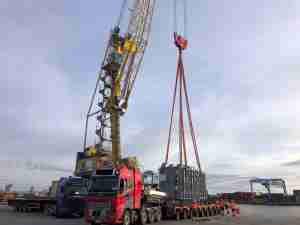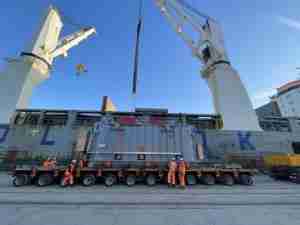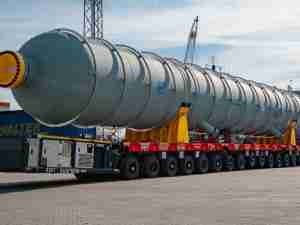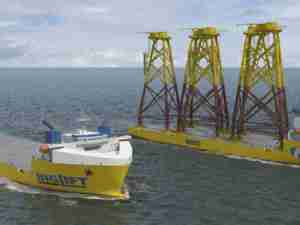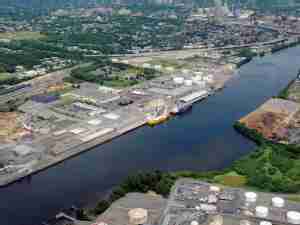Mexico’s finances are feeling the pressure from funding cost increases at several mega-infrastructure projects promoted by President Andres Manuel Lopez Obrador as deadlines for their completion cluster together toward the end of his term, the finance minister said.
Nonetheless, the government has room to maneuver and won’t raise its debt to gross domestic product ratio above a range of 50% to 51% in next year’s budget, Finance Minister Rogelio Ramirez de la O told Bloomberg News in an interview. Today, that figure stands at 48.9%. Higher-than-expected tax revenue and falling fuel subsidy costs amid a drop in gasoline prices are helping, he said.
AMLO, as the president is known, acknowledged last month that his Maya Train project, an almost 1,000-mile railway crossing the Yucatan Peninsula, is wildly over budget and will cost as much as $20 billion, 70% more than planned, amid setbacks and soaring inflation.
His other key project, the Dos Bocas oil refinery in Tabasco state, has also seen its cost spiral out of control to reach as much as $18 billion, more than double its original price tag, with some investors saying costs will likely rise further.
“Obviously there is a great deal of pressure, which we consider normal pressure,” Ramirez de la O said on Thursday. “Whatever we do in 2022 and 2023 to accommodate the increase is something that we will not be doing in 2024, so over the medium term it works well.”
One day after announcing the Maya train’s cost overruns, AMLO said that he would further tighten his already austere government spending with a plan he called “Franciscan poverty,” in reference to Saint Francis of Assisi, the Italian friar whose decision to live among the poor in the 13th century made him one of the most venerated figures in Christianity.
The president’s renewed push for austerity includes drastic cuts to trips abroad and expenses by government officials, just as Mexico enters talks with the US and Canada about their trade complaint against AMLO’s nationalist energy policy.
Critics have blamed Mexico’s meager growth on the president’s frugality, noting he barely boosted social spending during the height of the pandemic, even as he’s pouring billions more into his mega projects. Meanwhile, many investors are bullish on Mexican debt as the low debt ratio has been held in check.
Read More: Mexico Raises $553 Million Via Sustainable-Focus Samurai Bond
The 2023 budget, which the finance minister is due to announce in early September, will have a deficit that’s based on keeping the debt ratio within the target range and will be “realistic,” he said.
The budget will fully support priority infrastructure projects including the train, refinery, modernizing customs facilities and development in the south east of the country such as highways and an airport in Tulum.
Apart from key projects, “there are always opportunities to turn the screw on programs that have been idle or not as indispensable as they were thought to be in previous administrations,” the minister said in the interview.
